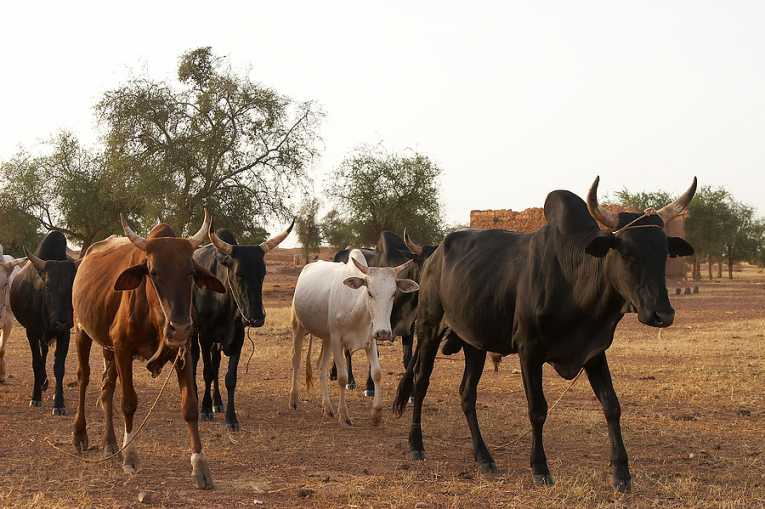Experts have in the past targeted pastoralism and the nomadic lifestyle in the Horn of Africa as being an ineffective livelihood and a cause of many of the drought-related problems facing the region. They suggest that irrigated croplands offers the solution to droughts but environmentalists are concerned that this will simply deepen the overuse of water resources and only aggravate the political conflicts.
Now the IUCN-hosted World Initiative for Sustainable Pastoralism (WISP) believes that the nomadic way of life where livestock mobility offers a much more "rational land use, allowing the exploitation of patchy resources in drylands". They say that mobile pastoralism is also seen as important tool for adaptation for climate change.
WISP is a global advocacy and capacity building network and they are focused on supporting sustainable pastoralism as a way to reduce poverty as well as improve environmental management.Pablo Manzano, Global Coordinator of WISP says that the drought crisis in the Horn of Africa was predicted but that current solutions are simply not effective.
Manzano says that irrigated crop farming and abandonment of pastoralism that are being proposed as solutions to prevent future drought crises are wrong: "Analyses on the subject often don't take into account the ecological, economic and social factors that make pastoralism highly sustainable in drylands".
IUCN, through the WISP programme, are now recommending that land tenure is secured for pastoralism so that resources can be conserved. It is their hope that by allowing nomads to freely move their animals across political boundaries, drought periods can be better managed and food crisis and famines can be avoided.
"Investments in drylands by government and international aid agencies have to be reoriented, taking into account local ecological conditions as well as local capacities," says Manzano. It is WISP's opinion that investments should include infrastructure that is designed to help export pastoralist products as well as bring financial services into remote areas.
Through adapting traditional management to modern legal frameworks it is hoped that nomadic pastoralism will provide a desperately needed solution to the Horn of Africa's drought crisis.
Top Image Credit: © F. Adamson










